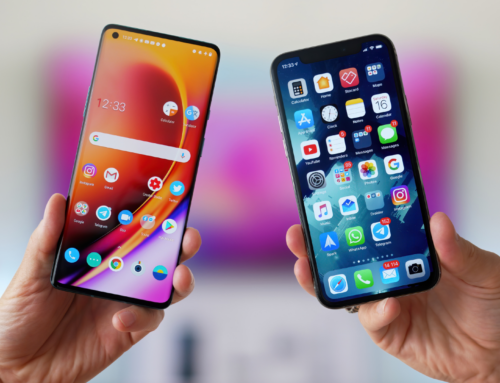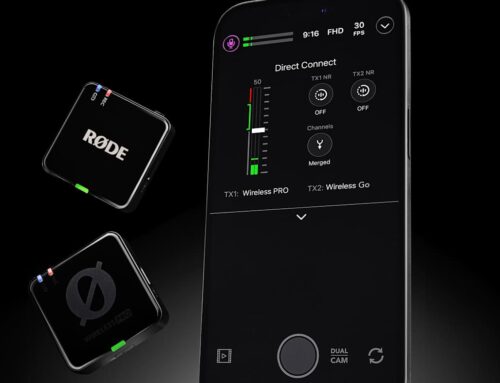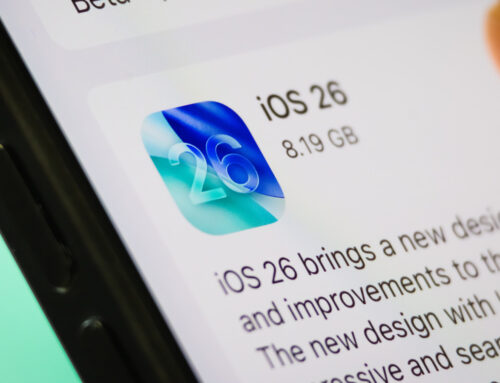When Apple announced iOS 18 and Apple Intelligence at WWDC 2024, it had to face an ugly truth: AI will cause the biggest fragmentation in iPhone history. Brand-new devices like the iPhone 15 and 15 Plus will become obsolete, at least when it comes to AI.
Sure, Apple Intelligence is still in its early days, and it’s far from where Apple wants it to be. No one would blame you if you didn’t use most of the features of Apple Intelligence right now. I say that as an AI fan in Europe who still doesn’t have Apple Intelligence support. It’s only when Apple’s AI takes off that iPhone 15 users will realize the differences.
Apple had to face the music it composed. For years, the company optimized iOS to run on more limited hardware. The base iPhone 15’s 6GB of RAM was a big problem for AI. But Apple also corrected course. All iPhone 16 models ship with new chips and 8GB of RAM. The iPhone SE 4 (or iPhone 16E) will get the same high-end components to ensure it can run Apple Intelligence.
Apple also preemptively fixed the RAM problem of Macs that can run Apple Intelligence. All MacBooks ship with 16GB of RAM right now, whether it’s an old M2 or M3 Air or the brand new M4 MacBook Pro.
Tech. Entertainment. Science. Your inbox.
Sign up for the most interesting tech & entertainment news out there.
By signing up, I agree to the Terms of Use and have reviewed the Privacy Notice.
It turns out Apple Intelligence might pose another problem that customers might not see coming: It needs more on-device storage. That can be a very good reason to give iPhone 17 buyers an unexpected upgrade that would eventually turn out to be a big price cut.
Apple’s AI vision includes a big focus on privacy. Apple Intelligence will try to handle requests on-device initially. If that fails, it’ll pass the task to the private cloud infrastructure built for Apple Intelligence.
Therefore, Apple Intelligence might need more local storage with each update that Apple releases. iOS 18.1 told us Apple Intelligence needs 4GB of storage on the iPhone. But, as 9to5Mac points out, Apple has changed the minimum requirements for Apple Intelligence with the iOS 18.2 release. Apple Intelligence now needs almost double the storage, or 7GB.
Remember that Apple isn’t done releasing AI features to the iPhone. iOS 18.4 will bring a big update by March that will enable the smarter Siri we saw at WWDC 2024. Then, iOS 19 will bring additional Apple Intelligence features to supported devices.
I wouldn’t expect Apple Intelligence storage needs to keep doubling, but I do see the AI needing more storage space. Say it gets to 10GB or 15GB, that’s around 10% of the storage available on a 128GB iPhone that can support Apple Intelligence. There’s also the operating system. iOS 18.2 takes up nearly 24GB on my iPhone.
That quickly adds up, and you’ll realize 128GB of built-in storage isn’t enough anymore. This will surely impact your next buying decision, as you’ll seek 256GB or 512GB options.
Here is where Apple can nip the problem in the bud if it wants to. The company could make 256GB the minimum storage tier for all iPhones.

Apple did it with the iPhone 15 Pro Max in 2023 without raising that model’s price. Technically, the Pro Max’s entry price increased by $100. Apple could do the same thing with the iPhone 17 series. The base iPhone 17 could pack 256GB of storage and start at $899, the price of the current 256GB iPhone 16.
But what if Apple took the M4 MacBook Pro approach? With the new laptops, Apple upgraded the RAM to 16GB without increasing the cost, which saved the user $200. What if Apple did the same thing with the iPhone 17?
What if the base iPhone 17 model started at $799, the same price as the iPhone 16, but came with double the storage? Apple could use the same strategy for the iPhone 17 Air, which will replace the Plus and take its price tier.
Add the rumored ProMotion support coming to the non-Pro iPhone 17 models, and these devices would be very competitive.
I would also expect Apple to keep the Pro prices in place. The iPhone 17 Pro and 17 Pro Max would match the prices of their predecessors. In this scenario, Apple’s lineup wouldn’t have a 128GB iPhone 17 version. If that were to happen, we’d have a wider gap between the iPhone 17 ($799) and the iPhone 17 Pro ($1,099).
Then again, Apple could do nothing about it and just leave the current storage tiers alone. In that case, it would be up to the buyer to decide for themselves. This wouldn’t be the best choice marketing-wise. The RAM upgrade for the M4 MacBook Pro got Apple plenty of good publicity.
Also, boosting iPhone storage would be in Apple’s interest long term. It would be an investment in its own future needs, as Apple would eventually develop Apple Intelligence features that iPhone users will want, features that would make them keep buying iPhones and other devices in Apple’s inventory.
More immediately, raising the iPhone storage would directly impact iCloud+ cloud storage purchases. iPhone owners will save more data locally, and they’ll need more storage for backups.
Of course, all of this is speculation. The iPhone 17 storage tiers have not leaked, and they might not for a while. But that doesn’t change the fact that storage might be a problem in the AI computing era. Not just the iPhone but all of Apple’s devices will need local storage assigned to Apple Intelligence. The same might apply to competing devices running other AI platforms.







